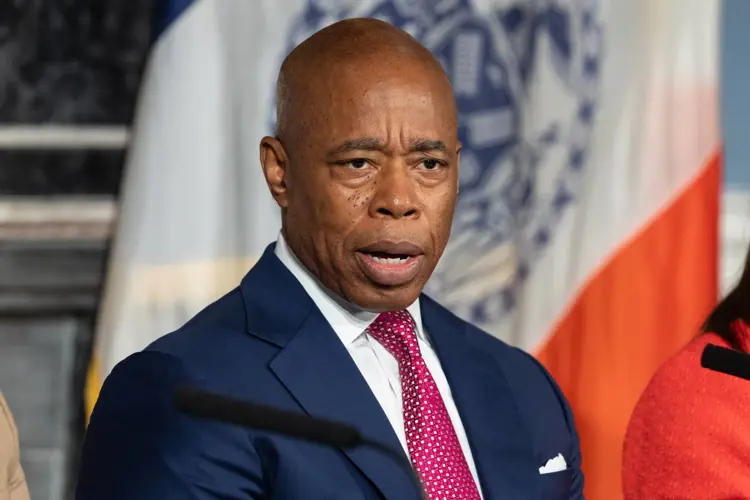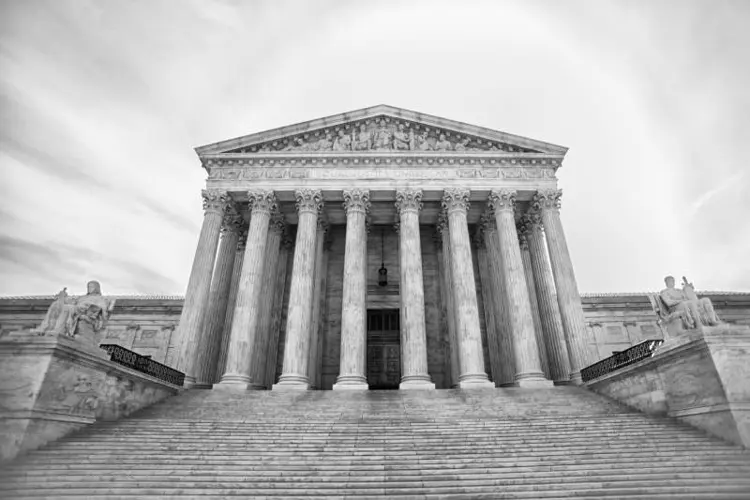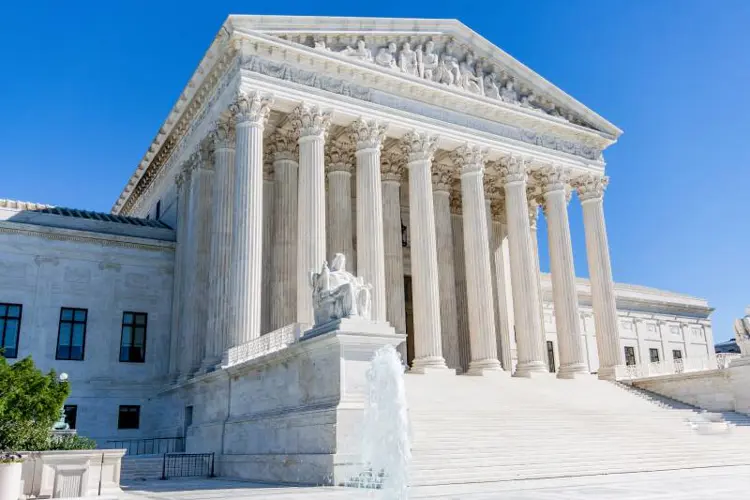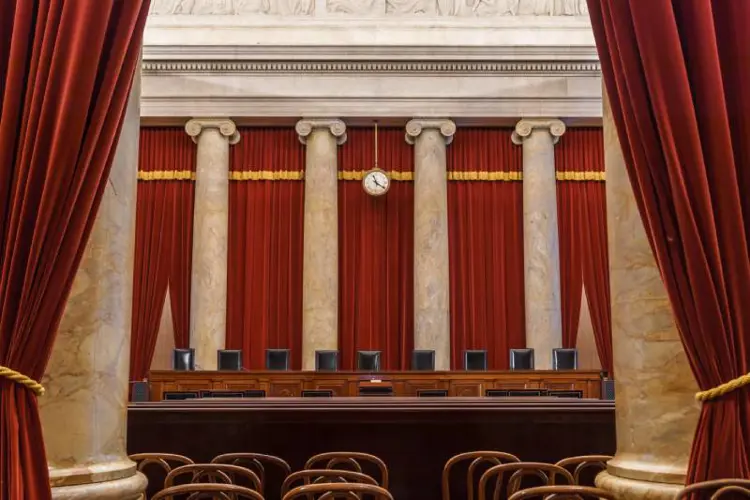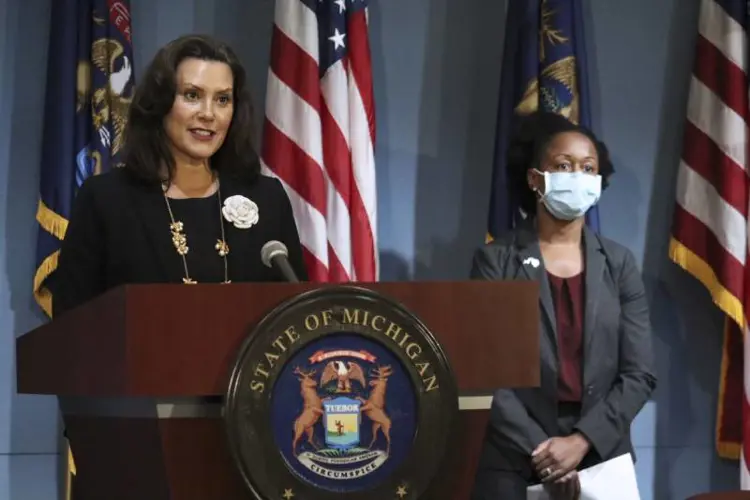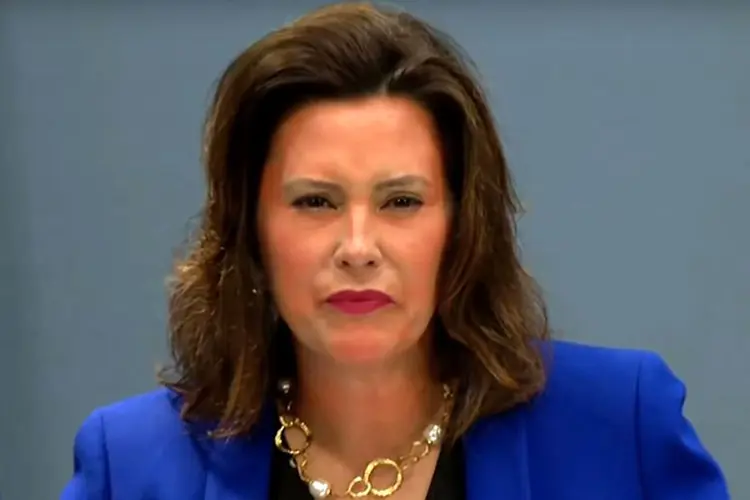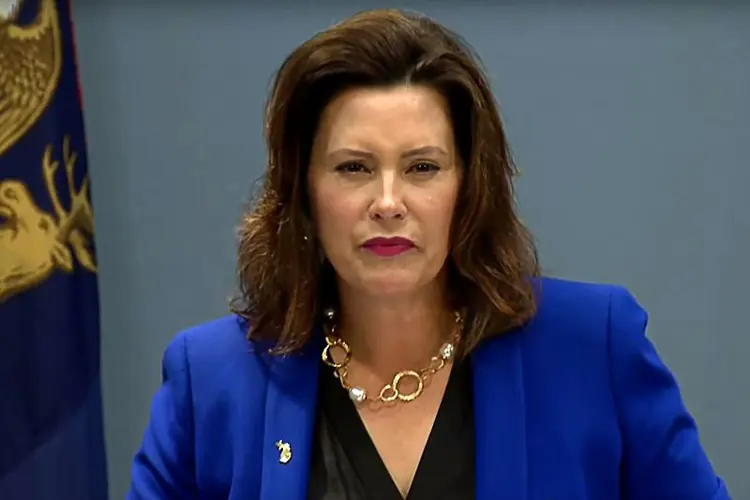Michigan Governor Gretchen Whitmer and the state’s Department of Health and Human Services (MDHHS) have abandoned their plan to pass a permanent rule prohibiting the sale of flavored vaping products—for now, anyway.
The news was a surprise, and came the day before a scheduled meeting of the Michigan legislature’s committee that approves rules proposed by executive agencies. MDHHS last month sent the final rule to the Michigan state legislature’s Joint Committee on Administrative Rules (JCAR) for approval. The meeting was cancelled after the rule was withdrawn.
The health agency has worked for a year creating the final rule, after holding a hearing and accepting public comments on the proposed rule last fall. It was promoted heavily by tobacco control and public health groups, led by Campaign for Tobacco-Free Kids' regional director Jodi Radke.
Whitmer’s first attempt at a flavor ban was thwarted by by determined Michigan vape shops, who quickly filed a lawsuit.
The agency may have withdrawn the rule after realizing some members of the JCAR would oppose its passage. The process of approving a rule can be slow-walked if enough JCAR members oppose it, and the governor and her health agency might have considered it not worth the trouble to get into another endless battle with the Republican-controlled legislature.
However, the flavor ban could still be reintroduced through JCAR, or it could be introduced in a bill by a member of the state house or senate. Meanwhile, the Whitmer administration seems ready to support a package of six bills in the legislature that would impose taxes and mandate that only FDA-authorized vape products can be sold.
“MDHHS is working with our legislative partners to protect youth from the addiction that can result from flavored nicotine vaping products,” an MDHHS spokesman told Metro Times. “Because of progress on a legislative solution, MDHHS has pulled back the rules that were to be considered by the Joint Committee on Administrative Rules.”
CASAA issued a call to action for these bills in July, urging Michigan vapers to oppose the tax and other restrictions. The six bills are tied together; one cannot pass without the others. It’s not known if additional legislation prohibiting flavors will be introduced, but the restriction on products not specifically endorsed by the FDA would have almost the same effect.
Whitmer was the first to ban flavors in 2019
Gov. Whitmer first attempted toimpose an “emergency” flavored vape ban through executive order in 2019, becoming the first governor of several to do so at a time when the news was full of stories about the “EVALI” outbreak and the "teenage vaping epidemic.” The vape ban earned Whitmer national recognition and praise within the Democratic Party, and a special award from the Campaign for Tobacco-Free Kids.
Whitmer’s first attempt at a flavor ban was thwarted by determined Michigan vape shops, who quickly filed a lawsuit. After a contentious hearing, Michigan Court of Claims Judge Cynthia Stephens granted a temporary injunction, putting the governor’s rule on hold until the case was settled. The injunction was later upheld by the state Court of Appeals, and the Michigan Supreme Court refused to overrule the lower court.
Michigan Chief Medical Executive Dr. Joneigh Khaldun—the supposed medical expert who frequently defended Whitmer’s flavor ban rule—recently resigned.
The Freemax REXA PRO and REXA SMART are highly advanced pod vapes, offering seemingly endless features, beautiful touchscreens, and new DUOMAX pods.
The OXVA XLIM Pro 2 DNA is powered by a custom-made Evolv DNA chipset, offering a Replay function and dry hit protection. Read our review to find out more.
The SKE Bar is a 2 mL replaceable pod vape with a 500 mAh battery, a 1.2-ohm mesh coil, and 35 flavors to choose from in 2% nicotine.
Because of declining cigarette sales, state governments in the U.S. and countries around the world are looking to vapor products as a new source of tax revenue.
The legal age to buy e-cigarettes and other vaping products varies around the world. The United States recently changed the legal minimum sales age to 21.
A list of vaping product flavor bans and online sales bans in the United States, and sales and possession bans in other countries.









